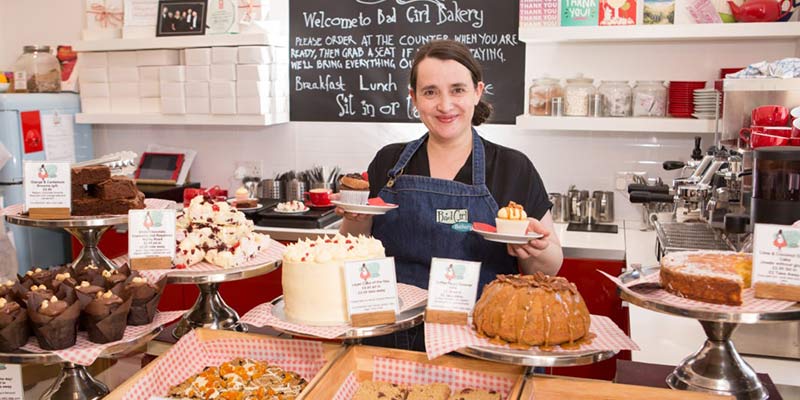Table of Contents
Everyone loves cake. From birthday parties to weddings, and even those quiet moments of indulgence with a cup of tea, cake has become an unmissable slice of our lives. But have you ever wondered where this universal delight truly found its fame? Which country stands tall as the hero behind our most cherished cake traditions?
Today, we take you on a journey to discover the nation most famous for cakes, and why it has earned this sugary crown.
A Sweet Journey Begins
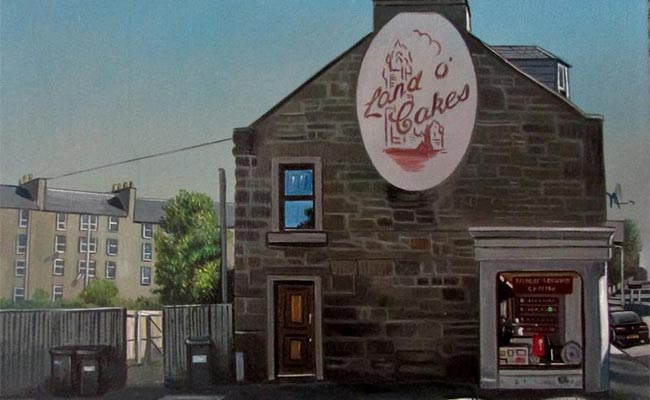
Before sponges and buttercreams graced our tables, the earliest cakes were more bread-like. Originating from ancient Egypt, cakes back then were sweetened with honey and often made with nuts and dried fruits. These early creations laid the foundation for what was to become one of the world’s favourite desserts.
As civilisations evolved, so did baking techniques. The Romans added eggs and butter to their recipes. Then, in medieval Europe, cakes became a symbol of celebration, particularly in England and France, where the upper classes began to perfect the art of sweet baking.
But while cakes were being made across the globe, one country slowly began crafting its identity as the cake capital of the world.
Which Country is Known as the Land of Cakes?
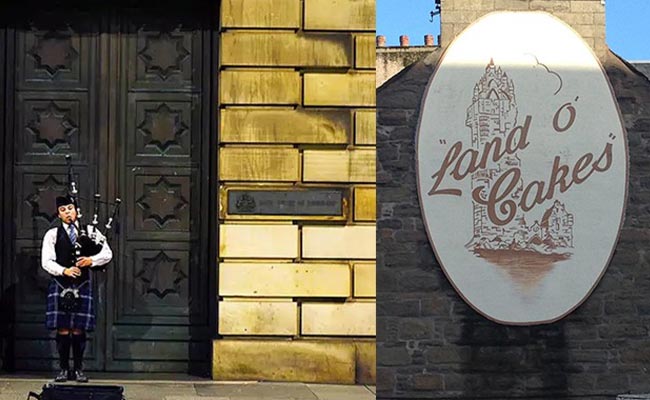
Scotland
Ask any seasoned baker or food historian, and they’ll nod in agreement, Scotland is widely known as the Land of Cakes.
But why?
This affectionate title goes beyond just dessert. In fact, it was the Scottish poet Robert Burns who popularised the phrase, referring to Scotland’s cultural richness and culinary pride. The term “land of cakes country” became a poetic nod to a nation where hospitality and food go hand in hand.
Scotland’s cake culture is deeply woven into its traditions. From hearty oatcakes to the world-famous Dundee cake, the country’s influence on cake-making is significant, time-honoured, and undeniably delicious. It’s no surprise that when the conversation turns to cakes, Scotland stands front and centre.
A Look at Some Early Famous Cakes
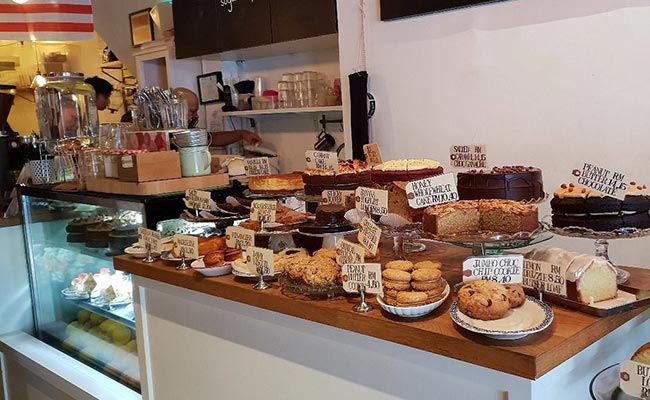
Let’s take a bite out of history and look at some of the first cakes that captured hearts around the globe:
Dundee Cake (Scotland): A rich fruitcake topped with whole almonds, born in the city of Dundee. Its recipe, refined by the Keiller family in the 19th century, set a standard for fruitcakes internationally.
Genoise (Italy/France): A sponge cake without chemical leavening agents, it relies solely on air incorporated during the beating of eggs, a marvel of technique and patience.
Sachertorte (Austria): Created in Vienna in 1832, this dense chocolate cake with apricot jam and a glossy chocolate glaze is still served in traditional coffeehouses.
Victoria Sponge (UK): Named after Queen Victoria herself, who reportedly enjoyed a slice with her afternoon tea. Light, airy, and filled with jam and cream, this cake is a British treasure.
Each of these early creations helped shape what we now know and love about cake: variety, technique, and an unapologetic love for sweetness.
The Modern Cake Scene
Fast forward to today, and cakes have taken on new forms, flavours, and functions. No longer just reserved for special occasions, they’ve become canvases for creativity, culture, and innovation.
In recent years, we’ve seen:
Fusion Flavours: Matcha Swiss rolls, pistachio rose cakes, and even chilli chocolate sponges are redefining the cake game.
Diet-Conscious Cakes: Vegan, gluten-free, keto. Today’s cakes cater to every dietary preference without compromising on taste.
Art Meets Edible: Cakes now come sculpted into handbags, castles, and even beloved movie characters.
Yet, despite this global expansion, the roots of classic cake-making, many of which can be traced back to Scottish kitchens, remain the gold standard.
Why does Scotland Continue to Rise?
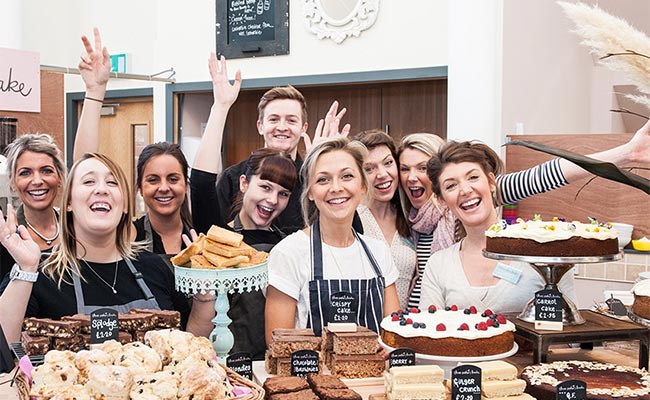
Scotland’s cake legacy isn’t just based on nostalgia. Today, the country continues to set trends and uphold its baking reputation through:
Traditional Bakeries: Many of which still follow century-old recipes, offering that rare taste of authenticity.
World-Class Ingredients: Scottish dairy, oats, and dried fruits are often regarded as some of the best in the world, perfect for cake-making.
Culinary Education: Scotland is home to renowned cookery schools and cake decorators who keep the art alive and evolving.
That’s the magic of the Land of Cakes: it inspires bakers everywhere to aim for more than just sweetness, but soul.
The Global Slice: Cakes Beyond Borders
Of course, while Scotland may hold the heritage, cake is truly global.
- France brings us opera cakes, mille-feuilles, and tarte tatins.
- Japan has introduced airy chiffon cakes and fluffy castella sponge.
- America boasts red velvet, carrot cake, and New York cheesecake.
- Middle Eastern regions often incorporate nuts, rosewater, and spices into their fragrant bakes.
Cakes are a universal language, and each region adds its accent.
Still, when it comes to the title of “most famous for cakes”, Scotland’s historical impact, traditional baking pride, and continued innovation make it the reigning monarch of the cake world.
Our Sweet Conclusion
So, which country is most famous for cakes?
Without a doubt, it’s Scotland. The proud Land of Cakes, where baking is not just a skill but a celebration of heritage, community, and flavour.
Whether you’re enjoying a dense fruit slice beside a fire in the Highlands or biting into a soft sponge at your kitchen table, remember: you’re taking part in a rich tradition that’s travelled centuries.
